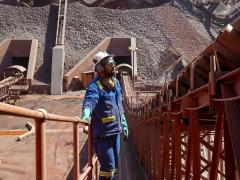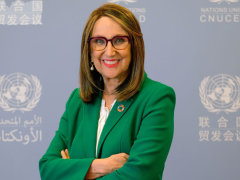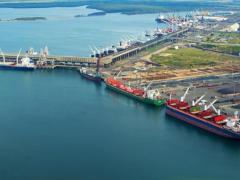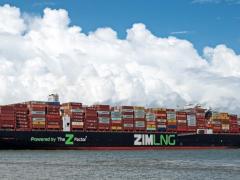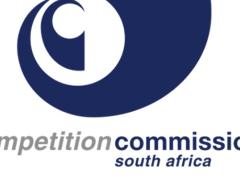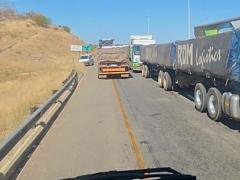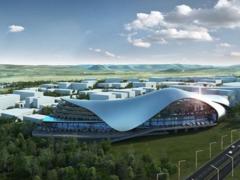Ongoing challenges in gender representation continue to shape the freight sector. “The distribution of women across the freight sector remains uneven, with clear patterns of overrepresentation in some areas and underrepresentation in others,” said Irina Rodrigues, managing director of OCL Group. “Women are often concentrated in administrative, support and service-related functions such as customer service, documentation, finance or HR, which, while vital, tend to align with skills traditionally associated with women. “Conversely, women remain significantly underrepresented in operational, technical and leadership roles. Areas like port operations, trucking, warehousing and cargo handling continue to be male-dominated, largely due to factors like physical demands, safety concerns, inflexible hours and deeply rooted cultural norms. The same imbalance exists in many boardrooms and commercial negotiation spaces where strategic decisions are made.” However, there are encouraging signs of change. “We’re beginning to see shifts in areas such as supply chain planning, digital freight platforms and compliance, where a blend of technical and analytical skills is opening new doors for women, particularly within companies actively fostering more inclusive hiring practices.” The challenge, Rodrigues notes, isn’t simply about moving more women into traditionally “male” roles; it’s about creating work environments where women can enter, grow and lead across all functions, including those that drive the core of freight operations. “Women in the freight industry continue to face several persistent barriers, many of which extend beyond the workplace itself. “One of the most significant challenges is representation. When women rarely see others like themselves in operational or leadership roles, it can foster a quiet but powerful sense of impostor syndrome – a feeling that they don’t truly belong. This isn’t merely an issue of confidence. It reflects the environments and cultures that companies create.” Cultural expectations further complicate the picture. In many regions, including Mozambique, women often bear the primary responsibility for home and family life, frequently without meaningful support from partners. “This invisible load makes it significantly harder for women to pursue leadership or operational roles that demand long hours, travel or flexibility,” said Rodrigues. “Then, of course, freight remains a traditionally male-dominated sector, where outdated mindsets and unconscious bias influence everything, from hiring decisions to career progression. In some cases, women still have to prove their competence twice as hard, which adds stress and emotional fatigue.” Effecting real change will require deliberate action, inclusive leadership and structural reform. “The good news is that momentum is building. Increasingly, companies, institutions and individuals are stepping up to take responsibility and drive meaningful progress,” she said. This has been OCL’s approach from the outset, inspired by the company's founder, Jorge Ferraz, who consistently believed in and supported the advancement of women – embedding this commitment into the company’s culture and legacy. “Women bring a set of perspectives and leadership qualities that are increasingly valuable, and often, underleveraged in the freight sector. One of the most distinctive contributions is a holistic leadership style that blends operational discipline with emotional intelligence. “In an industry driven by coordination, timing and trust, women often excel at building relationships, fostering collaboration and managing complexity, not just through systems, but through people,” she said. “At OCL, we recognise that supporting women in the freight industry is not a one-time effort, it’s a long-term commitment that must evolve with the needs of our people and the sector.” This commitment is underpinned by a workplace culture where values like respect, merit and human connection are lived experiences. “When these values are lived, women rise naturally, not because they’ve been granted permission, but because they’ve been given space – a reflection of the company’s belief in creating environments where talent can thrive authentically,” she says. Looking ahead, one of the key goals of the company is to continue building an intentional talent development pipeline that identifies, trains and prepares more women for operational and leadership roles. This includes expanding access to technical training, mentorship and cross-departmental exposure, particularly in areas where women are still underrepresented, such as field operations and commercial strategy. LV
Companies are driving meaningful progress
Comments | 0




